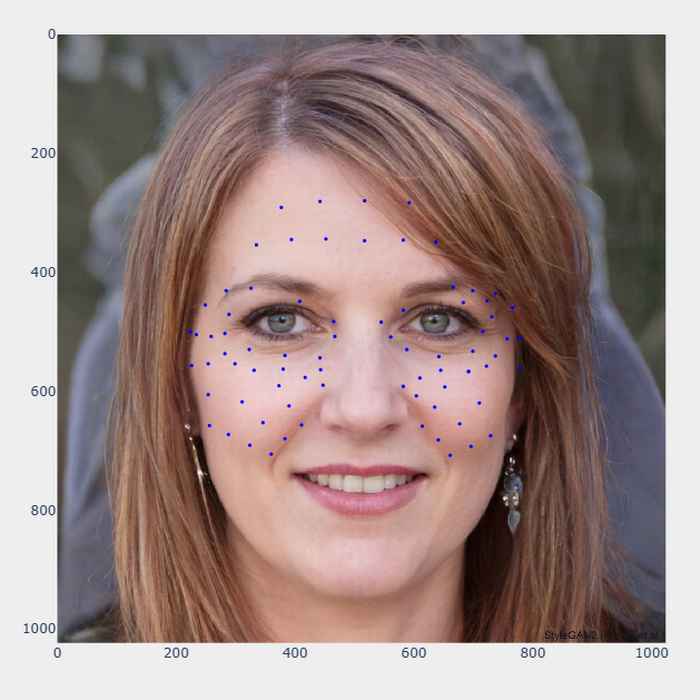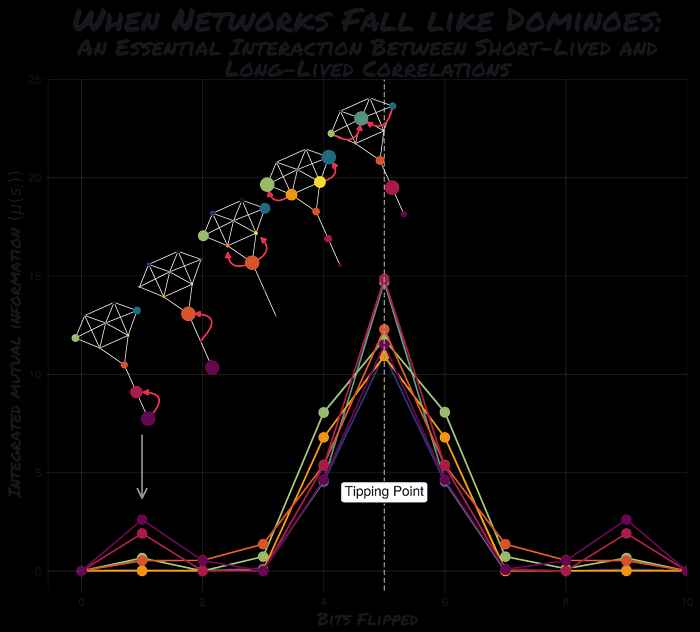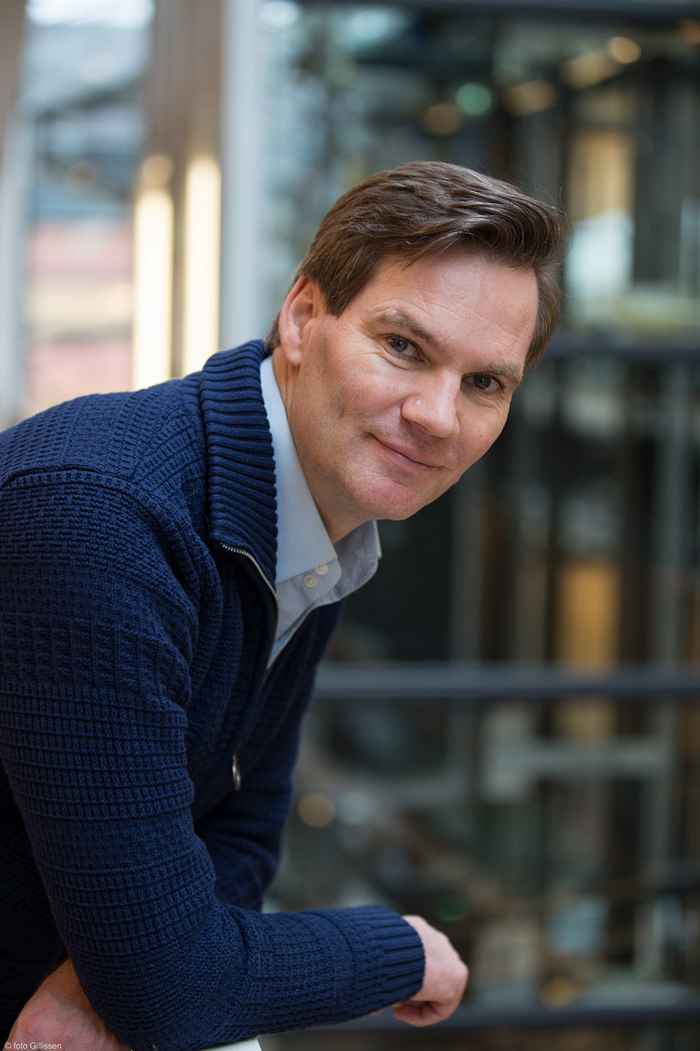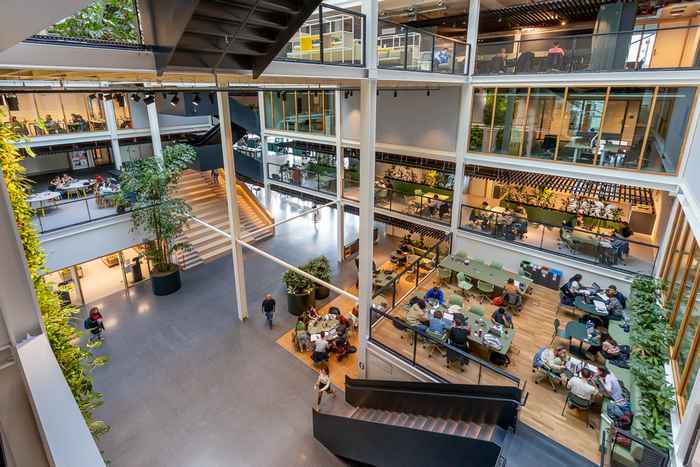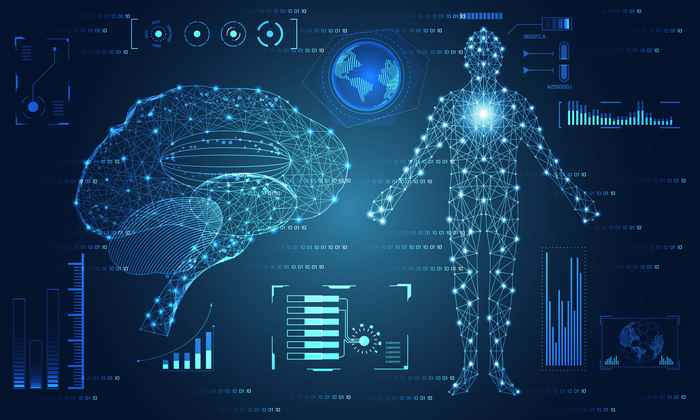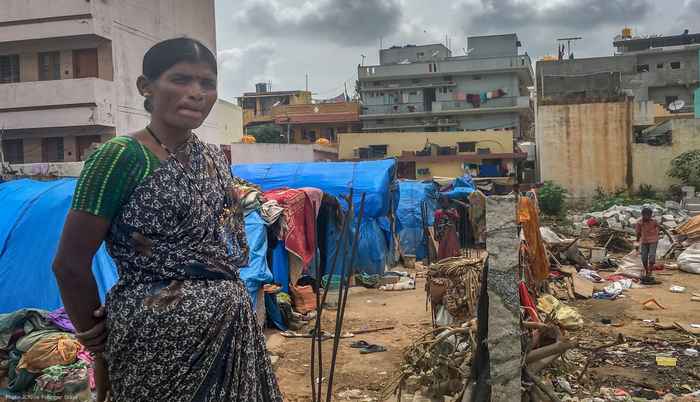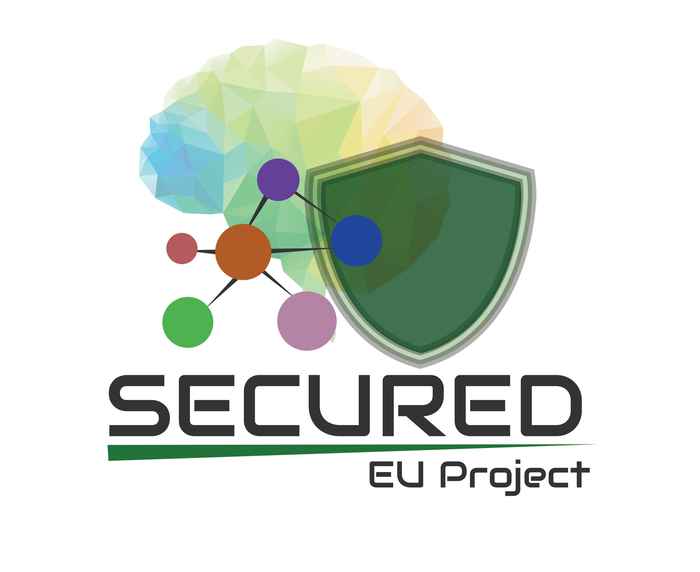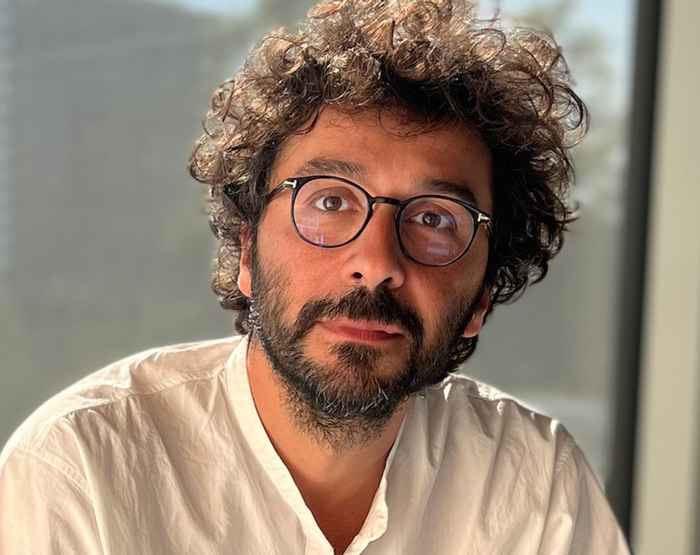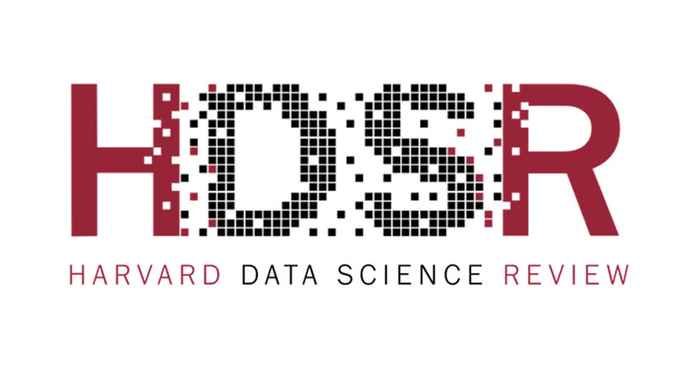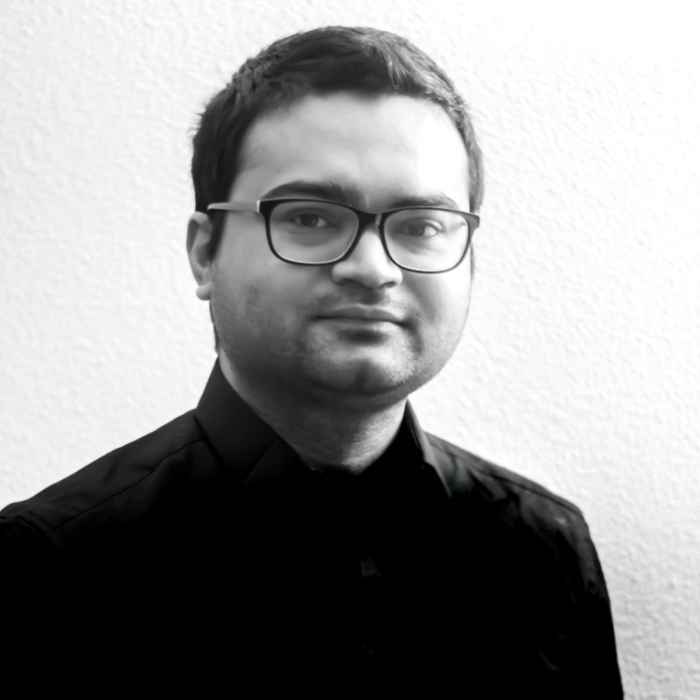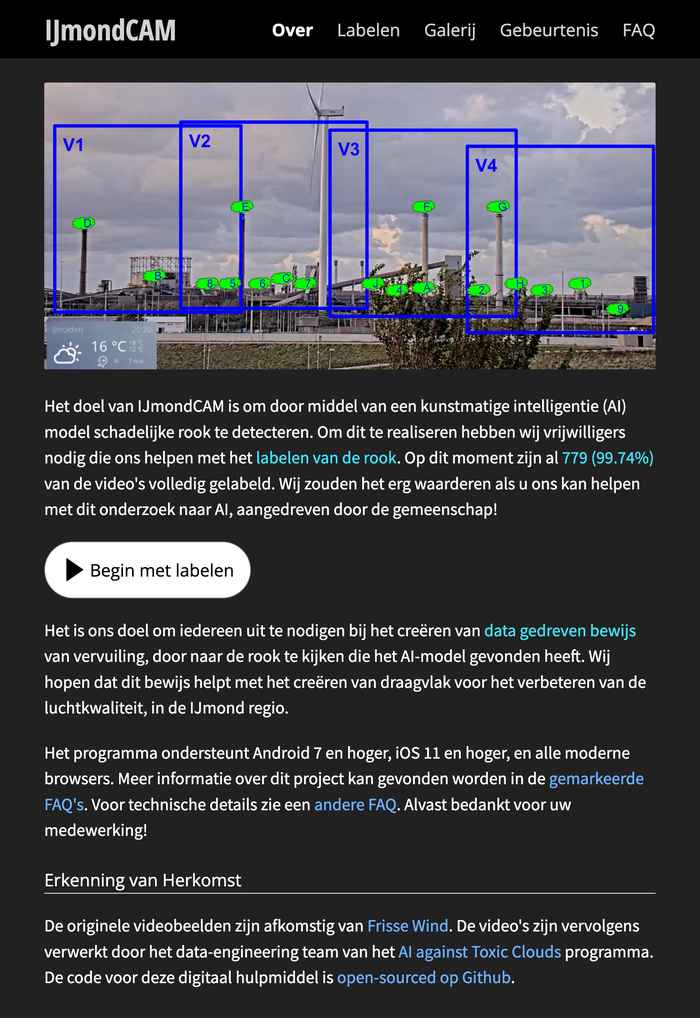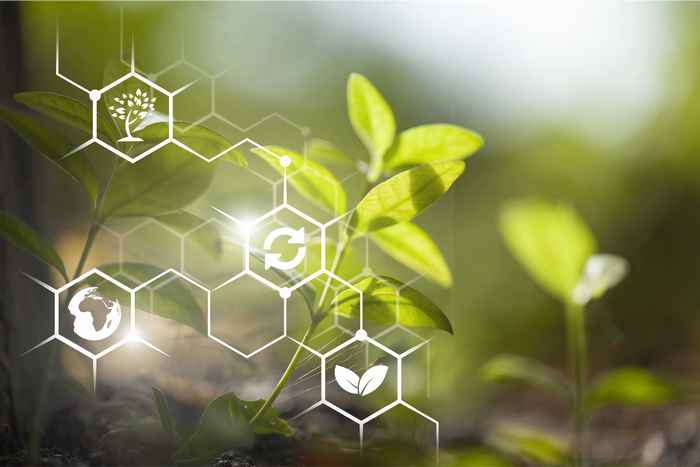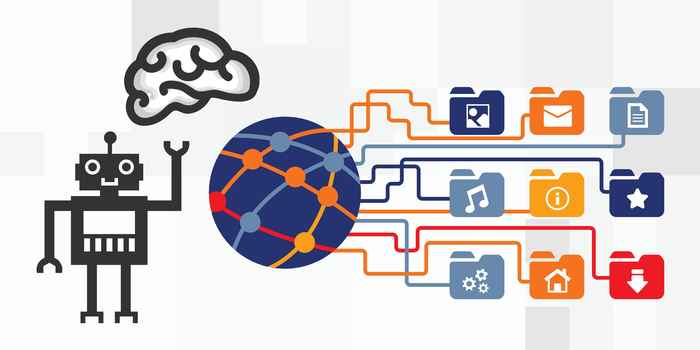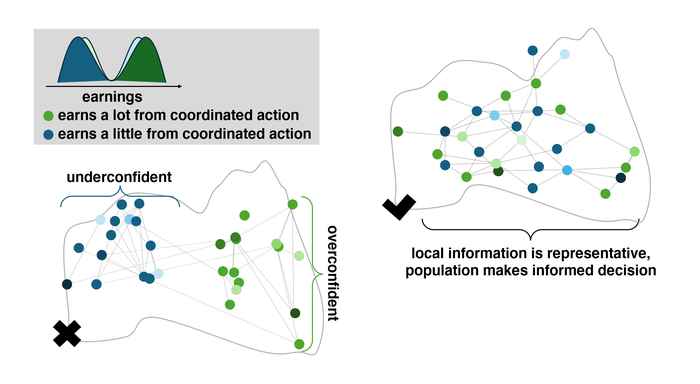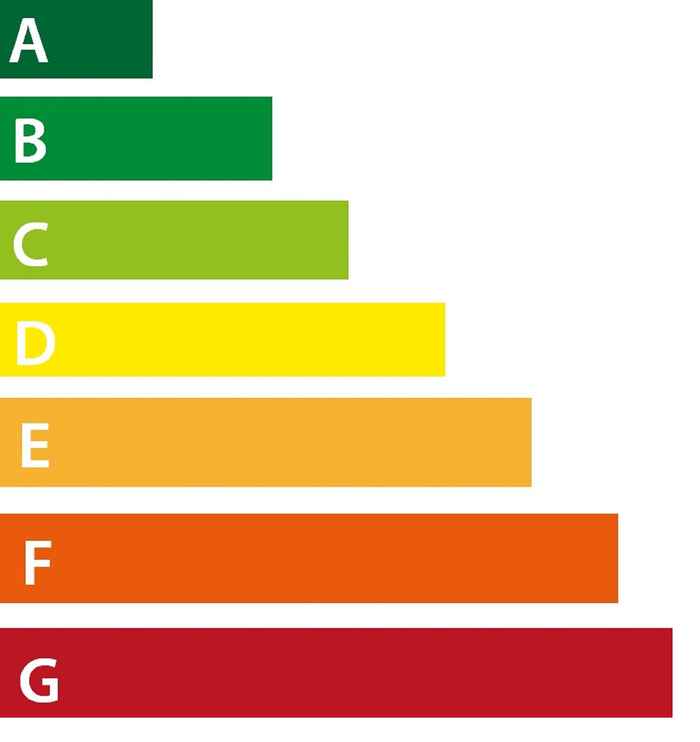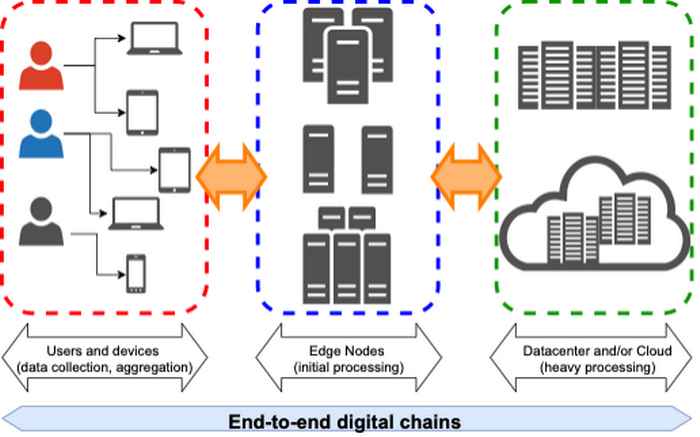Sustainable Development Goals
How the Informatics Institute contributes to the United Nations SDGs
In 2015, the United Nations formulated the SDGs, ideally to be achieved by 2030, as a ‘shared blueprint for peace and prosperity for people and the planet now and in the future’. No poverty (SDG 1), zero hunger (SDG 2), reduced income inequality (SDG 10) and climate action (SDG 13) are four of the goals. The complete list the 17 SDGs.
The SDGs can be divided into three categories: sustainable society, sustainable economy and sustainable planet, and for each category we will provide examples of how ongoing research at the Informatics Institute contributes to various goals.
However, we should not lose sight of the fact that, according to our mission, we also conduct fundamental, curiosity-driven research that does not directly connect to any of the SDGs, but does contribute to the building blocks of informatics as a science and thus automatically to the building blocks of the digital society of the future.

-
Research that contributes to a sustainable society
How our heartbeat can betray that a video is deepfake
SDG 3 - Good health and well-being
How Small Sparks Can Create Large FlamesSDG 3 – Good Health and Wellbeing
SDG 11 – Sustainable Cities and Communities
SDG 13 - Climate action
SDG 16 - Peace, Justice and Strong institutionsThe calming effects of a well-designed buildingSDG 3 – Good Health and Wellbeing
SDG 4 - Quality education
SDG 11 – Sustainable Cities and CommunitiesHigh-resolution computer model reveals new insights on poverty in slumsSDG 1 - No poverty
SDG 2 - Zero hunger
SDG 3 - Good health and well-beingMaking better use of health data without sacrificing privacySDG 3 - Good health and well-being
-
Research that contributes to a sustainable economy
€3.8M Research project led by IvI Boosts Accessibility in Dutch Cities
SDG 10 – Reduces inequalities
Keeping your identity safe onlineSDG 9 - Industry, innovation and infrastructure
SDG 12 - Responsible consumption and productionFrom Data Creator to Data Reuser: Distance MattersSDG 9 - Industry, innovation and infrastructure
SDG 12 - Responsible consumption and productionMore efficient quantum computing through machine learningSDG 9 - Industry, innovation and infrastructure
Study finds carbon pricing can trigger emission reductions while boosting equality and growthSDG 7 – Affordable and Clean Energy
SDG 8 – Decent work and economic growth
SDG 10 – Reduces inequalities
Reverse-engineering makes extracting data from smartphones owned by criminals possible for forensic researchersSDG 9 - Industry, innovation and infrastructure
SDG 11 – Sustainable Cities and CommunitiesAchieving more togetherSDG 3 – Good Health and Wellbeing
SDG 7 – Affordable and Clean Energy
SDG 11 – Sustainable Cities and Communities
SDG 17 – Partnerships for the GoalsAI everywhere, but without sky-high energy usageSDG 9 - Industry, innovation and infrastructure
SDG 12 - Responsible consumption and productionUvA-led European project aims to lay foundations for 6G network architectureSDG 9 - Industry, innovation and infrastructure
Multilingual language technology that goes beyond where ChatGPT endsSDG 9 - Industry, innovation and infrastructure
SDG 10 - Reduced inequality
-
Research that contributes to a sustainable climate
Breakthrough AI model could transform how we prepare for natural disasters
SDG 13 - Climate action
In the future we will have energy labels for our digital servicesSDG 13 - Climate action

